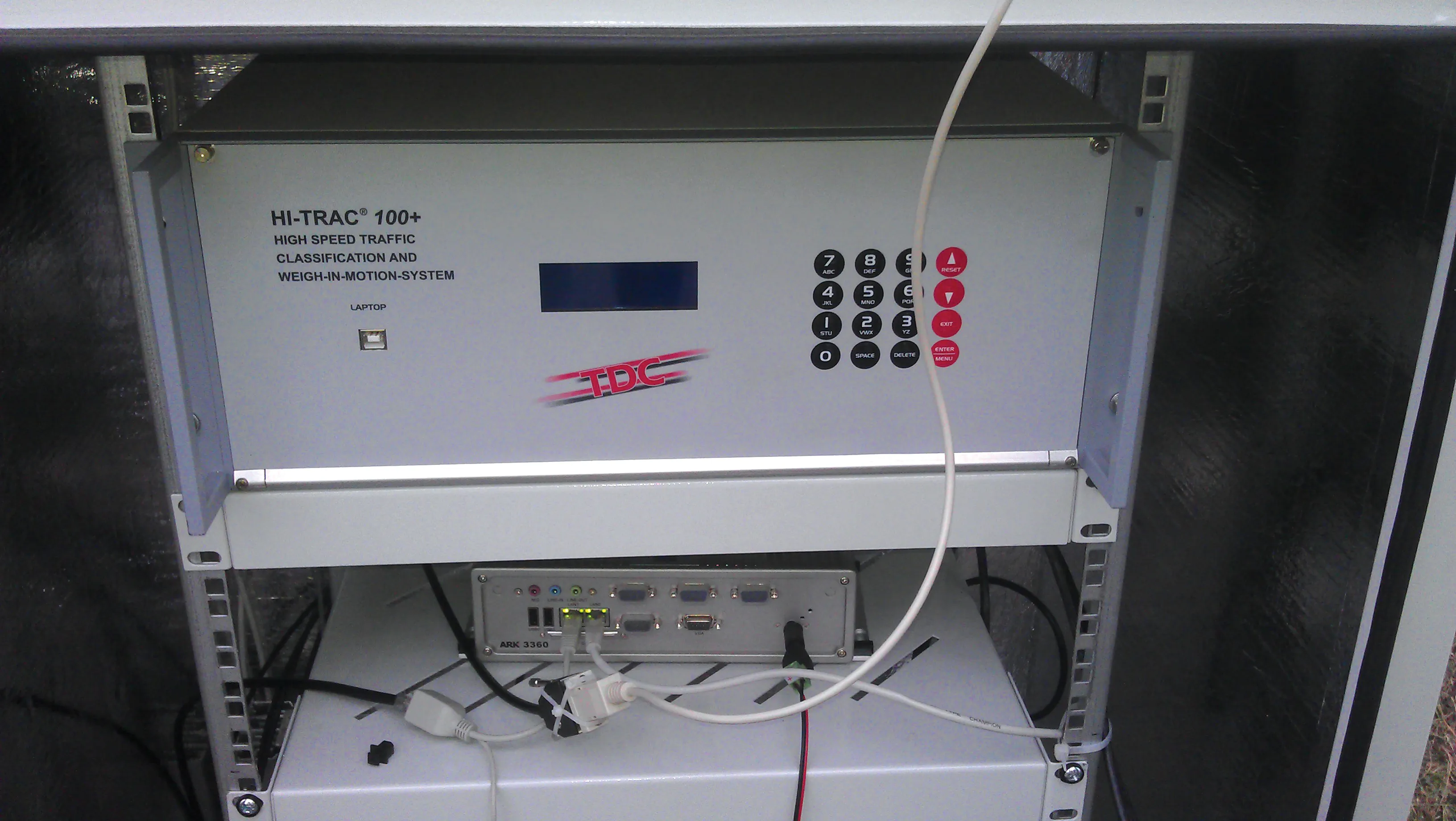Travellers between participating nations of the Caribbean Community (CARICOM) can now enjoy faster travel due to a novel border security programme designed by 3M Security Systems. CARIPASS, the world's first multi-lateral border crossing programme, is a voluntary travel card programme that provides secure and simple border crossings for citizens and legal residents of ten CARICOM nations (Antigua and Barbuda; Barbados; Dominica; Grenada; Guyana; Jamaica; St Lucia, St Kitts and Nevis; St Vincent and the Gren
February 10, 2012
Read time: 2 mins

Travellers between participating nations of the Caribbean Community (CARICOM) can now enjoy faster travel due to a novel border security programme designed by 152 3M Security Systems.
CARIPASS, the world's first multi-lateral border crossing programme, is a voluntary travel card programme that provides secure and simple border crossings for citizens and legal residents of ten CARICOM nations (Antigua and Barbuda; Barbados; Dominica; Grenada; Guyana; Jamaica; St Lucia, St Kitts and Nevis; St Vincent and the Grenadines; and Trinidad and Tobago).
With the introduction of CARIPASS, participating governments aim to enhance regional security and support expedited travel throughout the participating member states.
To participate in CARIPASS, eligible travellers must pre-enroll at local immigration or designated offices, and have a facial image and two fingerprint images captured. Users are issued a card with a 2D barcode to electronically process themselves through self-service border crossing gates, which are connected to the system's user database. After matching the user's biometric data with that on the card, the gates open, allowing the traveller to pass through. The gate prints a receipt for the traveller to document his or her valid entry.
CARIPASS utilises a number of new technologies sourced and integrated by 3M in response to CARICOM's needs.
CARIPASS, the world's first multi-lateral border crossing programme, is a voluntary travel card programme that provides secure and simple border crossings for citizens and legal residents of ten CARICOM nations (Antigua and Barbuda; Barbados; Dominica; Grenada; Guyana; Jamaica; St Lucia, St Kitts and Nevis; St Vincent and the Grenadines; and Trinidad and Tobago).
With the introduction of CARIPASS, participating governments aim to enhance regional security and support expedited travel throughout the participating member states.
To participate in CARIPASS, eligible travellers must pre-enroll at local immigration or designated offices, and have a facial image and two fingerprint images captured. Users are issued a card with a 2D barcode to electronically process themselves through self-service border crossing gates, which are connected to the system's user database. After matching the user's biometric data with that on the card, the gates open, allowing the traveller to pass through. The gate prints a receipt for the traveller to document his or her valid entry.
CARIPASS utilises a number of new technologies sourced and integrated by 3M in response to CARICOM's needs.








